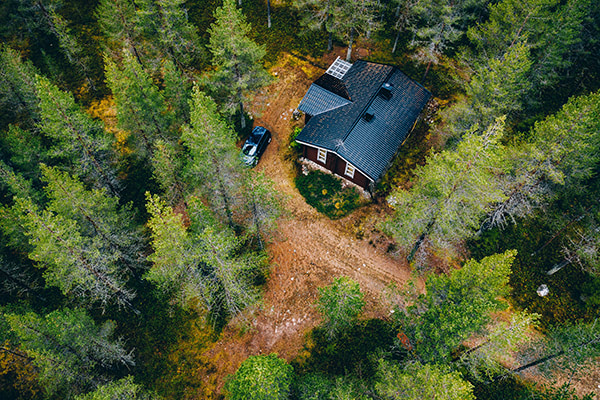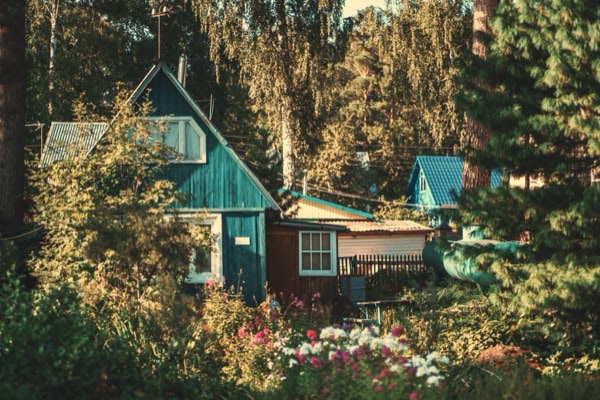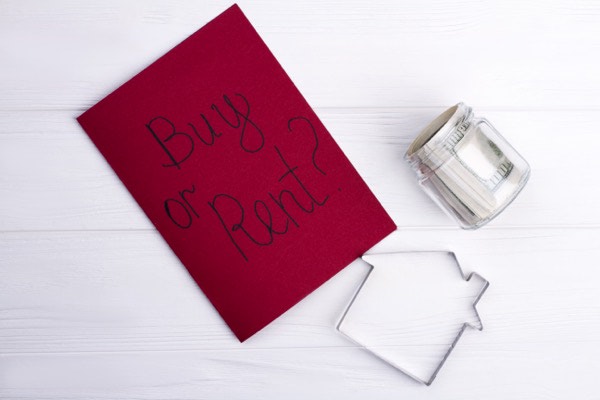Cottage opening weekend is almost here! In this post, we discuss how best to prepare your cottage for summer.

Thinking of buying a cottage? Read this!
The idea of owning a cottage is super appealing to a lot of people. Whenever you need a break from your regular pace, a change of scenery, or an escape from the city, you have a whole other home to visit! Nova Scotia is beautiful, so there’s no doubt that buying a cottage will be a scenic investment for you.
However, keep in mind that buying a cottage looks a lot different than owning a traditional home. On the surface, they seem similar enough – they’re both properties you can live in, right? There are just some extra items you need to consider before you take the plunge into cottage ownership. It might be a great investment for you, but make sure you understand all aspects first!
Is buying a cottage within your budget?
First, and most importantly, you need to know whether you can afford to own a cottage. This is a second property that might be very close to the size of your regular house – some cottages are even bigger than standard homes. Therefore, buying a cottage will be a big expense.
Cottages and their accompanying mortgages either fall into a Type A or Type B category. A Type A cottage is accessible year-round, is fully winterized, and heated. This type of cottage is similar to a full-time home, and comes with a minimum 5% down payment. A Type B cottage is for seasonal use, and has a minimum 10% down payment. Type A cottages can generally be refinanced more easily than Type B, because of their similarities to a standard home. The type of cottage you purchase will influence your down payment and ability to build equity in the future.
You should also consider your existing expenses and any debts you might already have. Are you still making mortgage or car payments, for example? These should take priority before you consider adding a new, big purchase. It’s definitely still possible to buy a cottage if you have these loans, but don’t bite off more than you can chew. Your monthly utility costs contribute to your savings as well. Remember, owning a cottage means paying similar maintenance and utility bills, just like a house. The key is seeing how – and if – owning a cottage fits within your current expenses.
Renting it out
How much time do you think you’ll be spending at your cottage? For many people, cottages are reserved for summers and occasional weekend getaways. If you don’t think you’ll be using your cottage most of the time, you can consider renting it out. Renting can help pay for your cottage costs when you have guests paying to stay there. It can also bring you peace of mind knowing there is someone on the property in case anything like a leak occurs.
Remember winter maintenance
We often associate cottages with summertime, but remember your cottage still exists in the winter even if you don’t use it. With this in mind, be sure your cottage is prepared for the winter season. Winters in Nova Scotia are unpredictable, so it’s best to be prepared. Think about insulation for warmth, as well as electrical and plumbing. It can be costly to get your cottage ready for winter, but having a “winterized” property makes it more valuable. It will also be more attractive to those potential renters!
It’s also important to remember that cottages are often in remote locations. Ask yourself whether your cottage is easy to access during the winter months, or if it’s even possible. A lot of rural roads are closed during the winter, so that’s something to keep in mind before buying.
Ideal landscape
When you think about your perfect cottage, what does the landscape look like? Maybe you’re sitting on a dock facing a lake. Maybe you’re surrounded by beaches, or perhaps you’re more isolated in a forest setting. Nova Scotia offers all of these types of surroundings, so that’s also worth considering before buying a cottage. Think about what you want to do most at a cottage. If you want to go hiking, do water sports, or relax with a book, this might influence the location of your future second home.
Septic systems
Here comes one of the less pleasant parts of cottage life. If you live in the city, you’re probably used to your home being connected to city sewer systems. Out in rural cottage country, things aren’t quite as advanced or tidy, so to speak. Rural areas have septic systems, and they need to be maintained and inspected regularly. It falls on you to ensure proper care of your septic tank, and you have to keep it in good working order to avoid disasters. You don’t want your septic system to back up. This can turn off many people from wanting to own a cottage – but don’t worry too much. As long as you take proper care, it’s nothing to lose sleep over!
What’s around?
Finally, you already know that cottages are usually in remote areas. That’s probably part of the reason you want to invest in one! Still, you should scope out any local amenities. Is your cottage near a town? Does it have a convenience store? Where’s the closest place you can go for help? These items not only make cottages more desirable to owners and renters, but it increases the feeling of safety to know there are places to go. While you understandably want some privacy at a cottage, too much isolation might not be the best idea.
Buying a cottage can be an exciting experience, as long as you plan ahead! If you have questions about the mortgage process, reach out today! Give us a call at Centum Home Lenders at 506-854-6847, or get in touch with us here.


